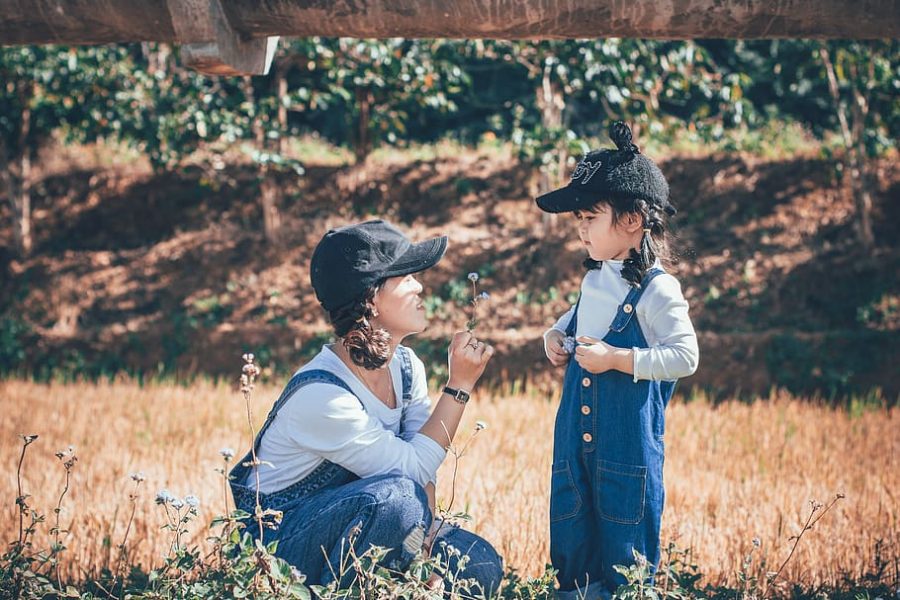Age Doesn’t Define Maturity
November 26, 2020
“Maturity is not measured by age. It’s an attitude built by experience.”- Unknown. I’m sure most people have been told the following on at least one occasion: “you’re too young to understand,” “you won’t understand until you’re older,” “the adults are talking.” Those words have a way of making people feel small and insignificant, especially when said by someone older and of higher authority. Often believing that just because someone is younger, they won’t be able to understand or handle adult situations. In reality, age doesn’t determine how mature a person is, it’s their personal experiences that determine their maturity level.
Younger people are often talked to and treated like children until they turn 18 because legally that’s when they become adults. What’s hard to believe is that people think that when someone turns 18, they will automatically gain some type of maturity and magically become a wise adult. Age doesn’t do that for a person. It’s the experience that matures a person and makes them wiser as a whole. You can compare a teenager and an adult, and you will find that sometimes the teenager is more mature than the adult is. However, that’s not always the case because sometimes you can find that adults are far more mature and wiser compared to a teenager. Just like you can probably find two people that are the same age, whether they be adults or not, and they will have drastically different levels of maturity. It all comes down to experience. Most people would assume that an adult would have more experience because they’ve been living on this earth longer, meaning that they would be more mature. But the number of years that you’ve been living on this earth has nothing to do with experience either, although it plays a small role.
A teenager who’s been alive for 17 years could have been through so much more than an adult who’s been alive for 30. Most people would find that hard to believe, but it’s true. Some people say that a childhood is what sets up a person’s mindset when they grow up. Someone with a more traumatic childhood would be more likely to mature at a younger age. That could be because they lacked a decent childhood or maybe they didn’t even have a childhood to begin with. They have been through things, heard things, or seen things that most children wouldn’t see at such an early age. So because they lacked a childhood, they had to grow up while they were still children, which explains the maturity during their adolescence. Although in that case, I feel like it’s worse to have to grow up at such a young age.
In conclusion, adults need to stop talking to teenagers as if they know nothing about the real world, simply because they don’t think they are mature enough to handle it. Age has nothing to do with maturity because it’s all about what that person has been through and how they handle difficult situations. Maturity comes down to how you’ve lived in the past.











































































































































Anna • Dec 8, 2022 at 7:27 am
All very well said. If I could humbly add, experience and one’s reaction to the experience is what will bring maturity (or lack there of). If you’ve had some tough life experiences but came out more loving and forgiving, you’ve matured. If, on the other hand, you’ve come out resentful, bitter and with a victim mentality, maturity has evaded you.